In fact, muscle pain and pain due to spinal diseases are easily confused, especially in situations that are not worrisome, such as back pain after heavy work. Acute muscle pain often occurs due to stress, overexertion or minor trauma, with symptoms of localized pain that do not spread and gradually subside when resting. However, some spinal diseases such as disc herniation, spinal degeneration or spinal stenosis can start with signs similar to muscle pain, causing patients to be subjective and miss the golden period for effective treatment.
Many people, due to their subjective mentality, think that it is just normal muscle pain so they treat it at home. The case of Ms. N. (37 years old) is a typical example .

Carrying heavy objects can cause dangerous spinal diseases.
Illustration: AI
After carrying heavy objects while cleaning the house , she felt pain in her lower back . Thinking that it was just muscle pain due to overexertion, she did not go to the doctor but bought painkillers to take herself . However, just a few days later, the pain not only did not decrease, but also spread down her legs, accompanied by a feeling of numbness and obvious muscle weakness .
"At first, I just thought it was normal back pain from lifting heavy objects, so I was very subjective. But a few days later, I started to feel pain spreading down my legs, then numbness from my buttocks down to my calves. Sometimes I even felt my legs were weak, making it difficult to walk, and standing for a long time made me tired. That's when I started to think about going to the hospital for a check-up," Ms. N. shared.
In At Nam Sai Gon International General Hospital , after being examined by a neurosurgeon - spine specialist and having an MRI scan, she was surprised to be diagnosed with a herniated disc in the lumbar spine (L4 - L5 position) and had to undergo surgery because the nucleus pulposus had compressed the nerve root.
Faced with a serious compression condition and the risk of rapid progression, Master - Specialist Doctor 2 Do Anh Vu , Department of Neurosurgery - Spine, prescribed endoscopic spinal surgery - a modern, minimally invasive treatment method, helping to remove the compressed disc while still preserving the surrounding soft tissue to the maximum.
"In general, I was both worried and scared, because I had heard that people couldn't walk normally after surgery, but after listening to the doctor's advice, I felt reassured," Ms. N. recalled when she learned she needed surgery.
Thanks to the application of advanced technology, the surgery went smoothly . After only a few days of treatment, Ms. N. began to recover actively , was able to sit up and practice walking . "The doctors and nurses here are all enthusiastic. I was closely monitored every day, constantly asked about and was carefully guided every step in the recovery process," Ms. N. shared more.
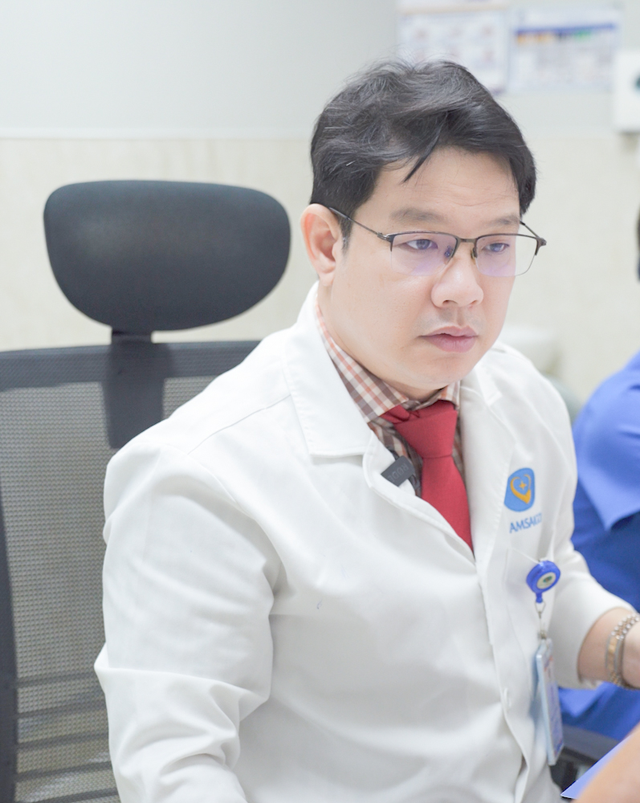
Doctor Vu examines a patient
Photo: BVCC
Many people have fallen into the same situation as Ms. N., according to Dr. Vu, this is a common situation when patients mistake muscle pain for serious spinal diseases, leading to late detection and delayed treatment.
Master - Specialist Doctor 2 Do Anh Vu , Department of Neurosurgery - Spine, Nam Sai Gon International General Hospital, said: "Many patients come to the clinic with symptoms of muscle pain, mainly around the neck and back area. Through diagnostic imaging such as X-ray, CT or MRI, we often detect problems related to the spine. This can easily happen when the patient is subjective and does not seek early examination even though the pain has been continuous for many months before".
According to Dr. Vu , it is possible to distinguish between acute muscle pain and back pain due to spinal disease based on the following signs:
Acute muscle pain : Appears after strenuous exercise, pain gradually decreases with rest, without spreading pain, numbness or muscle weakness.
Pain due to spinal disease : Pain tends to spread from the neck/back to the arms/legs, accompanied by numbness, tingling, weakness in the limbs or loss of sensation that lasts even when resting. Pain due to spinal disease often occurs when standing, sitting for a long time or when bending over.
If not treated promptly, spinal diseases can lead to serious complications such as: Spinal degeneration, severe disc herniation, causing compression of nerve roots or spinal cord, thereby leading to the risk of permanent limb weakness and paralysis and loss of control of urination and defecation.
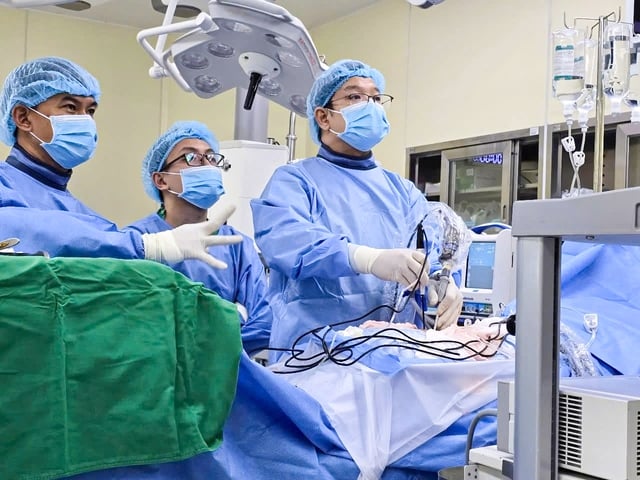
Surgical team at the hospital
Photo: BVCC
"We often receive severe cases such as disc herniation or spinal degeneration in the late stages, requiring surgery when conservative treatments are no longer effective. However, fortunately, modern spinal treatment methods such as minimally invasive or endoscopy have been widely applied, helping to increase the success rate of surgery and reduce recovery time for patients," said Dr. Vu.
To reduce the risk of spinal diseases, Dr. Vu recommends that we maintain a scientific lifestyle and reasonable exercise habits: Maintain correct posture when working, avoid sitting with a hunched back or bending over for too long; Do not lift objects that are too heavy; Exercise regularly and control weight. At the same time, we should have a habit of regular health check-ups to detect early risks of spinal diseases even when there are no obvious symptoms.
Source: https://thanhnien.vn/tuong-chi-dau-co-thong-thuong-ai-ngo-benh-cot-song-nguy-hiem-185250714135943358.htm








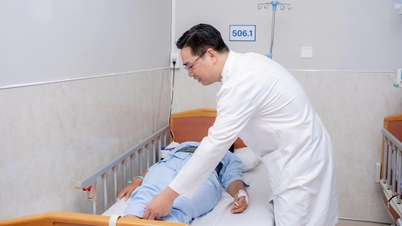
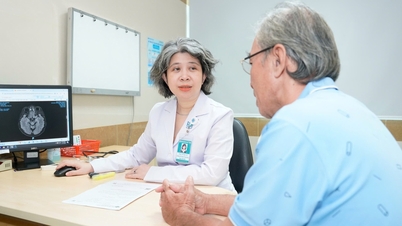
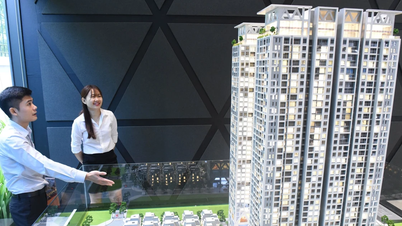




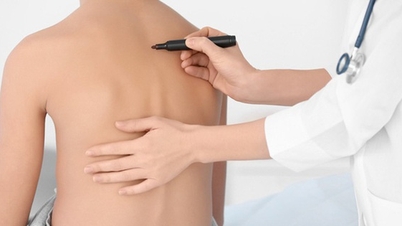



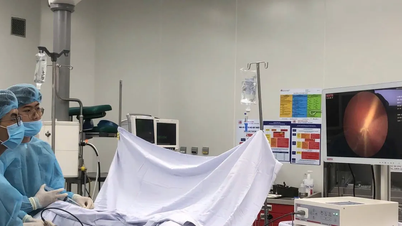

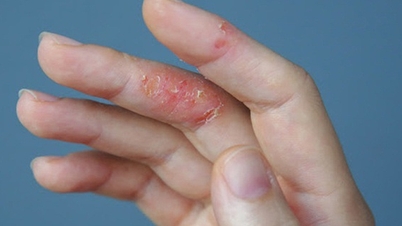
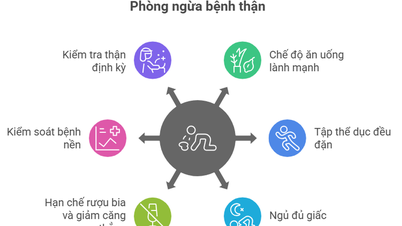




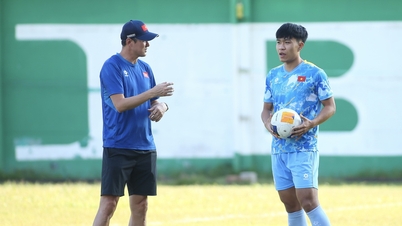














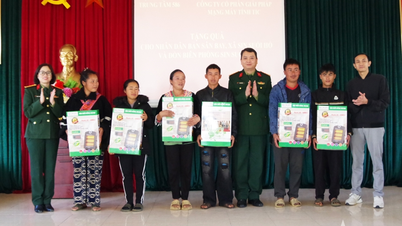









































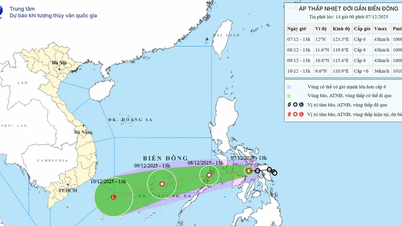















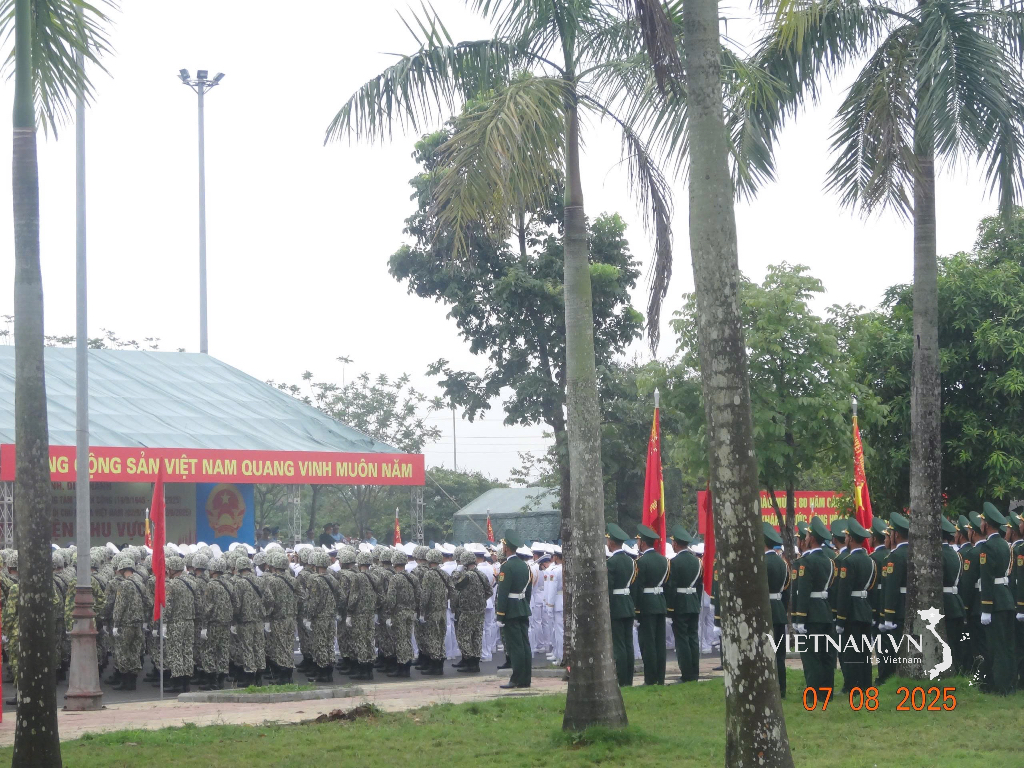






Comment (0)